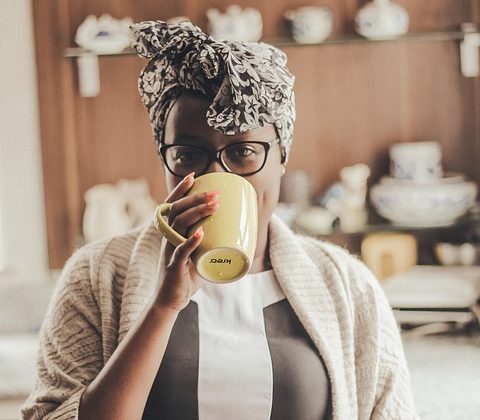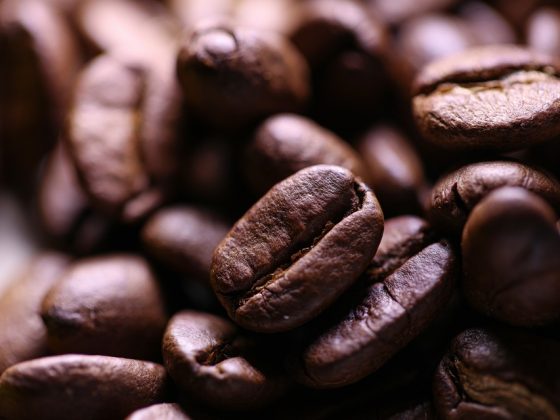In a fast-paced and demanding world, many people turn to caffeine to fuel their bustling lifestyle and keep up with the demands of daily life. From early mornings to late nights, caffeine is often relied upon to provide a much-needed energy boost and mental clarity. One of the most popular sources of caffeine is coffee, a beloved beverage that has been enjoyed for centuries for its stimulating effects and rich flavor.
But beyond its ability to wake us up and keep us alert, caffeine, and coffee in particular, has also been linked to enhanced creativity. Many people find that a cup of coffee can help them think more clearly, focus better, and come up with new ideas. In fact, some of the greatest writers, artists, and thinkers in history have been known to be avid coffee drinkers, citing its ability to enhance their creativity and boost their productivity.
So how exactly does caffeine, and coffee in particular, fuel creativity? And what are some of the other benefits and drawbacks of relying on caffeine to power through our busy lives? Let’s explore the connection between caffeine and creativity and how a daily caffeine fix can help us stay energized and inspired.
The link between caffeine and creativity
Caffeine is a natural stimulant found in various plants, including coffee beans, tea leaves, and cacao beans. When consumed, caffeine travels to the brain where it blocks the inhibitory neurotransmitter adenosine, increasing the levels of other neurotransmitters like dopamine and norepinephrine. This results in improved mood, increased alertness, and enhanced cognitive function.
Studies have shown that caffeine can also have a positive impact on creativity. Research conducted by the University of Arkansas found that moderate doses of caffeine can enhance convergent thinking, which involves the ability to focus on finding a single solution to a problem. Another study published in the journal Consciousness and Cognition found that moderate amounts of caffeine can also increase divergent thinking, allowing individuals to think more creatively and come up with a wider range of ideas.
Aside from its cognitive-enhancing effects, coffee also has social and cultural benefits that can contribute to creativity. Many people find that grabbing a coffee with a friend or coworker can lead to stimulating conversations and brainstorming sessions. The cozy atmosphere of a coffee shop or the simple act of brewing a fresh pot of coffee at home can also help create a conducive environment for creativity to flourish.
Benefits of coffee for a bustling lifestyle
In addition to its ability to boost creativity, coffee offers several other benefits that make it a favorite beverage for those leading a bustling lifestyle. Some of the potential advantages of drinking coffee include:
– Increased alertness and productivity: Coffee is known for its stimulating effects, helping individuals feel more awake and focused, making it easier to tackle tasks and meet deadlines.
– Improved physical performance: Caffeine has been shown to improve physical performance by increasing adrenaline levels and breaking down body fat for energy, making it an ideal pre-workout drink for athletes.
– Reduced risk of certain diseases: Some studies have suggested that coffee consumption may be linked to a reduced risk of certain diseases, including Alzheimer’s, Parkinson’s, and Type 2 diabetes.
– Social benefits: Coffee has long been a social beverage that brings people together, creating opportunities for networking, collaboration, and community building.
FAQs about caffeine and creativity
Q: How much caffeine is safe to consume in a day?
A: The FDA recommends a daily intake of no more than 400 milligrams of caffeine, which is roughly equivalent to four 8-ounce cups of brewed coffee. It’s important to remember that individual tolerance levels can vary, so it’s best to listen to your body and adjust your caffeine consumption accordingly.
Q: Are there any negative side effects of consuming too much caffeine?
A: While moderate caffeine consumption is generally considered safe for most people, excessive intake can lead to negative side effects such as insomnia, anxiety, digestive issues, and increased heart rate. It’s best to monitor your caffeine intake and limit consumption if you experience any adverse effects.
Q: Can caffeine make you more creative?
A: While caffeine has been shown to have cognitive-enhancing effects that can improve creativity, it’s important to remember that creativity is a complex process that can be influenced by various factors. Caffeine can help boost focus and mental clarity, but it’s not a guaranteed way to enhance creativity. Experiment with different levels of caffeine intake and see how it affects your creative thinking.
In conclusion, caffeine, particularly in the form of coffee, can be a powerful tool for enhancing creativity and productivity in our bustling lifestyles. By enjoying a cup of coffee each day, we can tap into the cognitive benefits of caffeine, stimulate our minds, and stay energized and inspired as we navigate the demands of modern life. So whether you’re a writer looking for creative inspiration or a busy professional in need of a mental boost, consider reaching for a cup of coffee to fuel your creativity and fuel your busy lifestyle.











